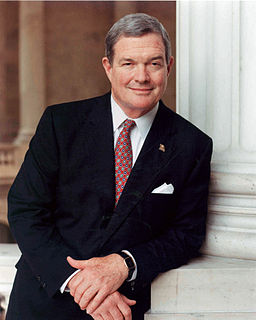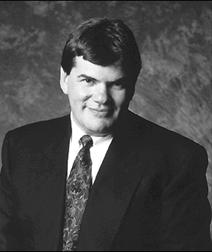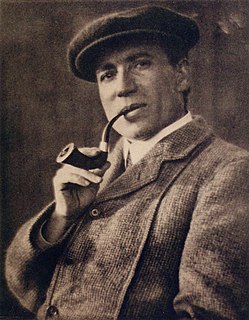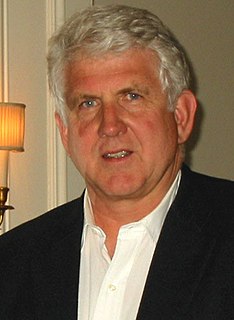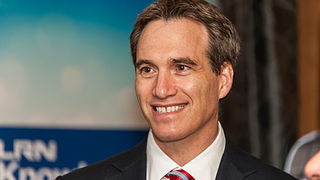A Quote by Kit Bond
America demands invention and innovation to succeed.
Quote Topics
Related Quotes
Intellectual-property rules are clearly necessary to spur innovation: if every invention could be stolen, or every new drug immediately copied, few people would invest in innovation. But too much protection can strangle competition and can limit what economists call 'incremental innovation' - innovations that build, in some way, on others.
Values cannot be speedily forgotten if it is inconvenient or commercially expedient. Values have to have meaning and longevity; otherwise they are valueless. You cannot embrace innovation up to a point or only sometimes. Branding demands commitment; commitment to continual re-invention; striking cords with people to stir their emotions; and commitment to imagination. It is easy to be cynical about such things, much harder to be successful.
Innovation is not a big breakthrough invention every time. Innovation is a constant thing. But if you don't have an innovative company [team], coming to work everyday to find a better way, you don't have a company[team]. You're getting ready to die on the vine. You're always looking for the next innovation, the next niche, the next product improvement, the next service improvement. But always trying to get better.
For all great innovations, someone took a risk. They risked capital; they risked their energy; they risked their opportunity cost; and more important, they risked failure. We can't innovate without the belief that we can succeed, the confidence that others will be there to help us on the journey, and the security that we will not be punished if we fail to reach our goal. A fast-moving world demands innovation for long-term success.
